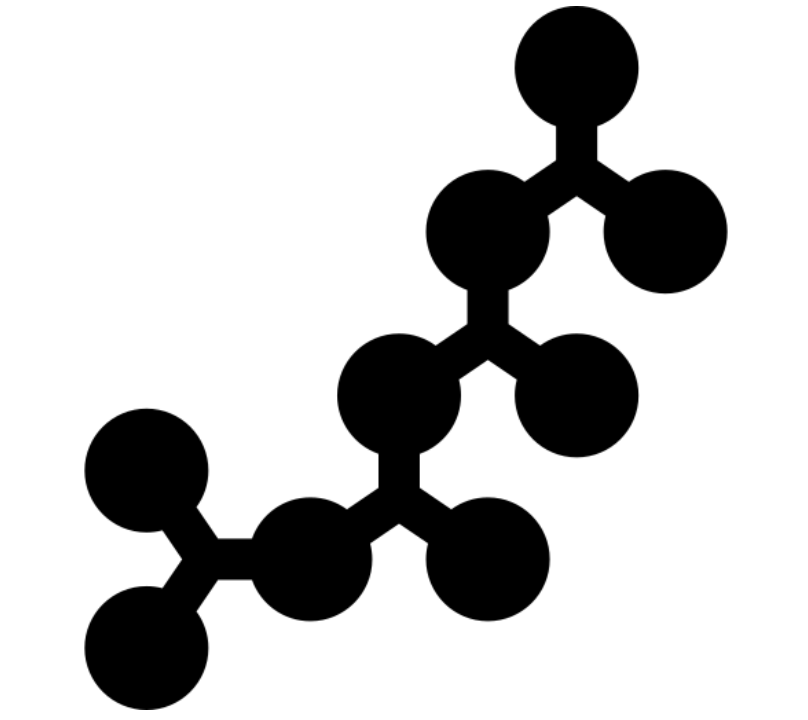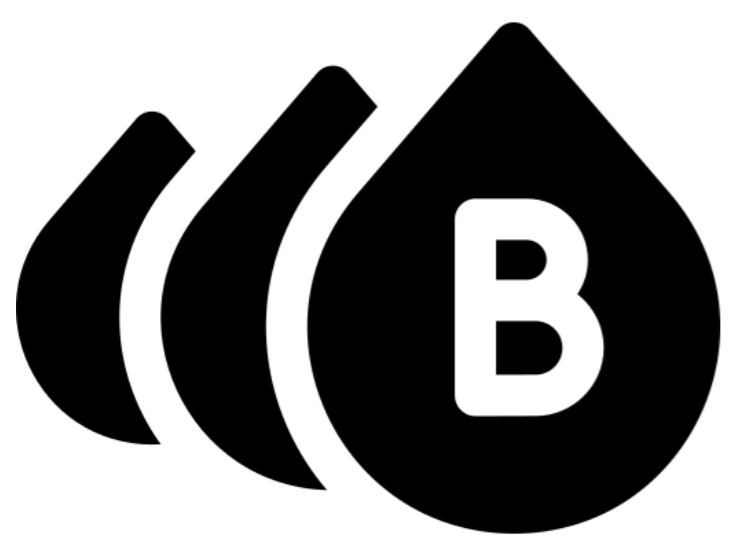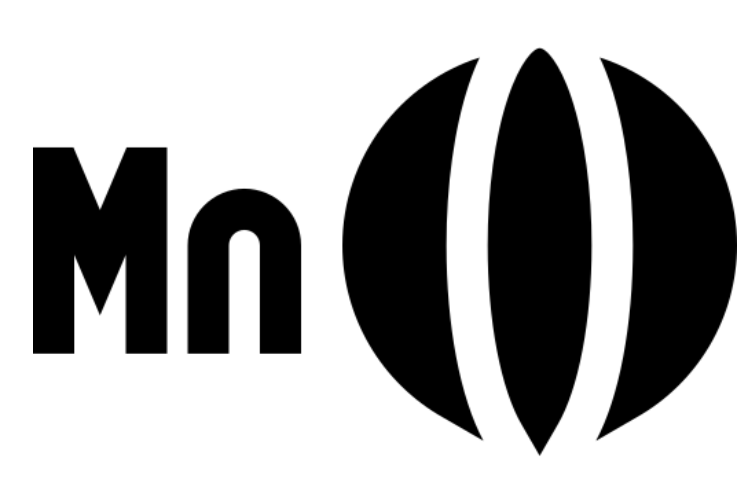
Folate (Vitamin B9): Why It Matters
Folate—sometimes called vitamin B9—is one of the most important nutrients your body needs for healthy growth, repair, and energy.
Food Sources of Folate
At Flush, we highlight folate as a key vitamin because of its role in DNA production, amino acid metabolism, and cell division. Without enough folate, your body struggles to replace damaged cells or generate new ones efficiently, which can affect everything from your energy levels to long-term resilience. Folate is widely available if your diet is varied. Some of the richest sources include:
-
Spinach, broccoli, Brussels sprouts, cabbage
-
Beans, lentils, chickpeas, and other legumes
-
Oranges and fresh orange juice
-
Whole grains and wheat bran
-
Liver, poultry, pork, and shellfish
Many countries also fortify foods with folic acid (the synthetic form of folate), and supplements are often recommended for women trying for a baby. Flush recognises that while food-first is ideal, targeted supplementation is sometimes necessary to maintain optimal levels.
Why Folate Is Important
Folate works as a coenzyme in key processes that keep you thriving:
-
Supporting DNA repair and gene expression
-
Enabling cell division and growth
-
Assisting in the metabolism of amino acids like methionine
-
Working alongside vitamin B12 for red blood cell formation
At Flush, we see folate as essential not just for daily wellbeing but also for long-term cellular health.
Deficiency: Signs and Causes
When folate levels run low, the body can develop megaloblastic anaemia, where red blood cells are large but inefficient at carrying oxygen. Symptoms may include:
-
Persistent fatigue or weakness
-
Palpitations and shortness of breath
-
Changes in skin, hair, or nails
-
Irritability or poor concentration
-
A sore tongue
Causes of folate deficiency include low dietary intake, digestive conditions (like Crohn’s or coeliac disease), increased demands (pregnancy, growth), alcohol, smoking, and certain medications.
Folate in Pregnancy
Flush places particular emphasis on folate for women of childbearing age. Supplementing with 400μg folic acid daily before conception and through the first trimester is proven to reduce the risk of neural tube defects such as spina bifida. Folate is therefore not just about maintaining your own energy—it’s vital for the healthy development of new life.
Can You Get Too Much?
-
Folate from natural food has no upper limit.
-
High levels of folic acid supplements, however, can mask vitamin B12 deficiency. For this reason, both the EU and US set the safe upper limit at 1,000μg/day from fortified foods and supplements.
Folate, Genes, and Flush
Genetic differences (like the MTHFR mutation) can make it harder for some people to process folic acid efficiently. In these cases, L-methylfolate (the active form) may be better absorbed. Flush supports awareness of this and ensures that supplementation advice takes individual needs into account.
Flush Key Takeaways
-
Essential for DNA, cell division, and energy metabolism
-
Found in leafy greens, legumes, citrus, and whole grains
-
Critical for pregnancy and long-term cellular health
-
Deficiency can cause anaemia, fatigue, and mood issues
-
Flush recognises L-methylfolate as an advanced option for those with genetic differences








